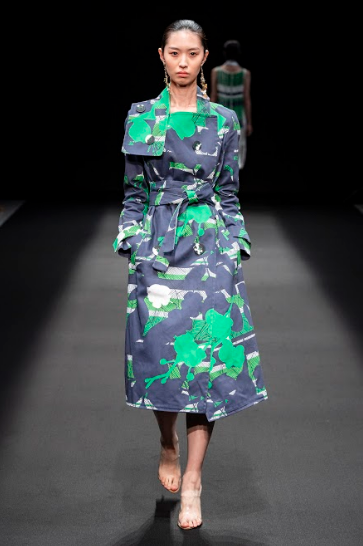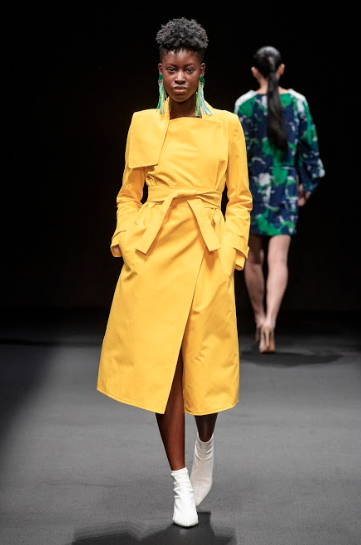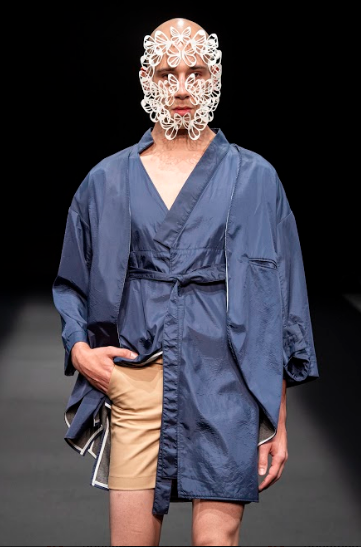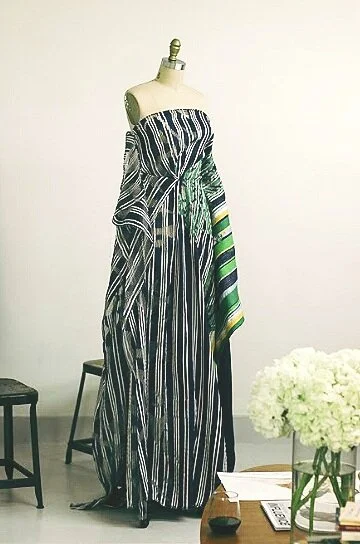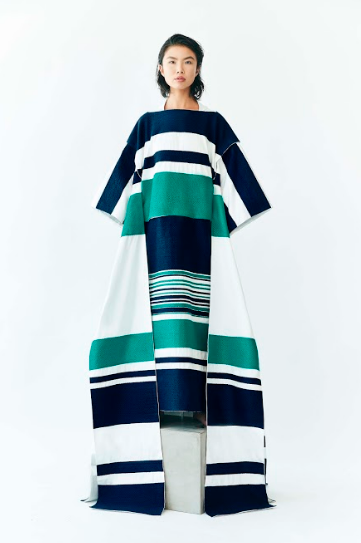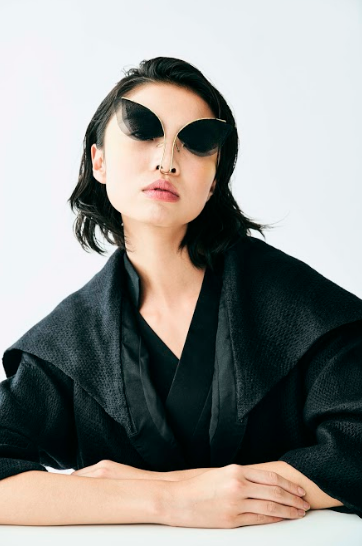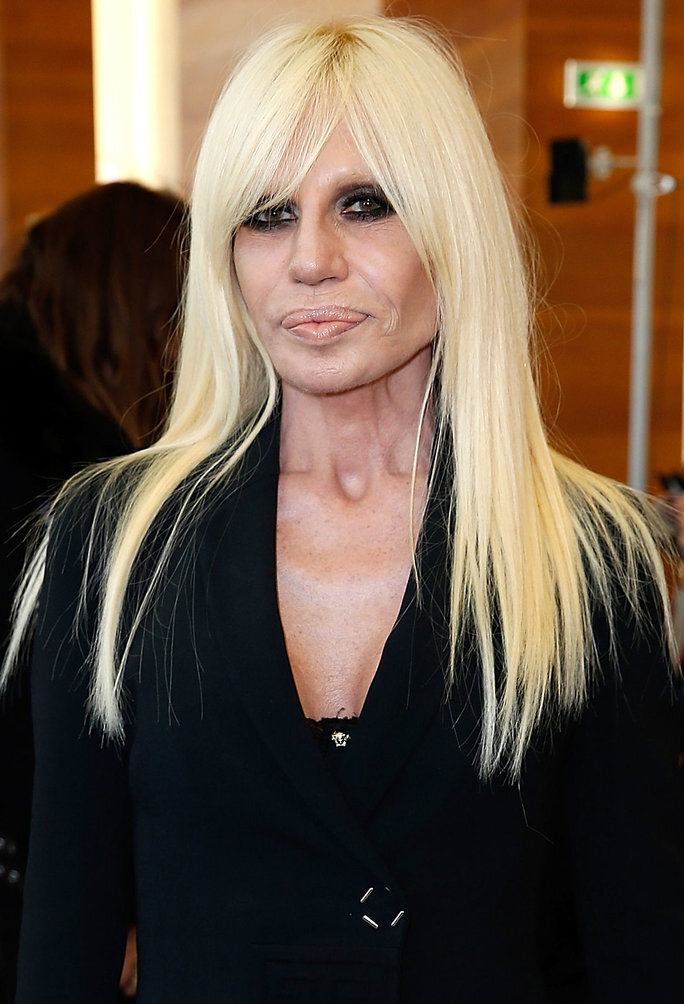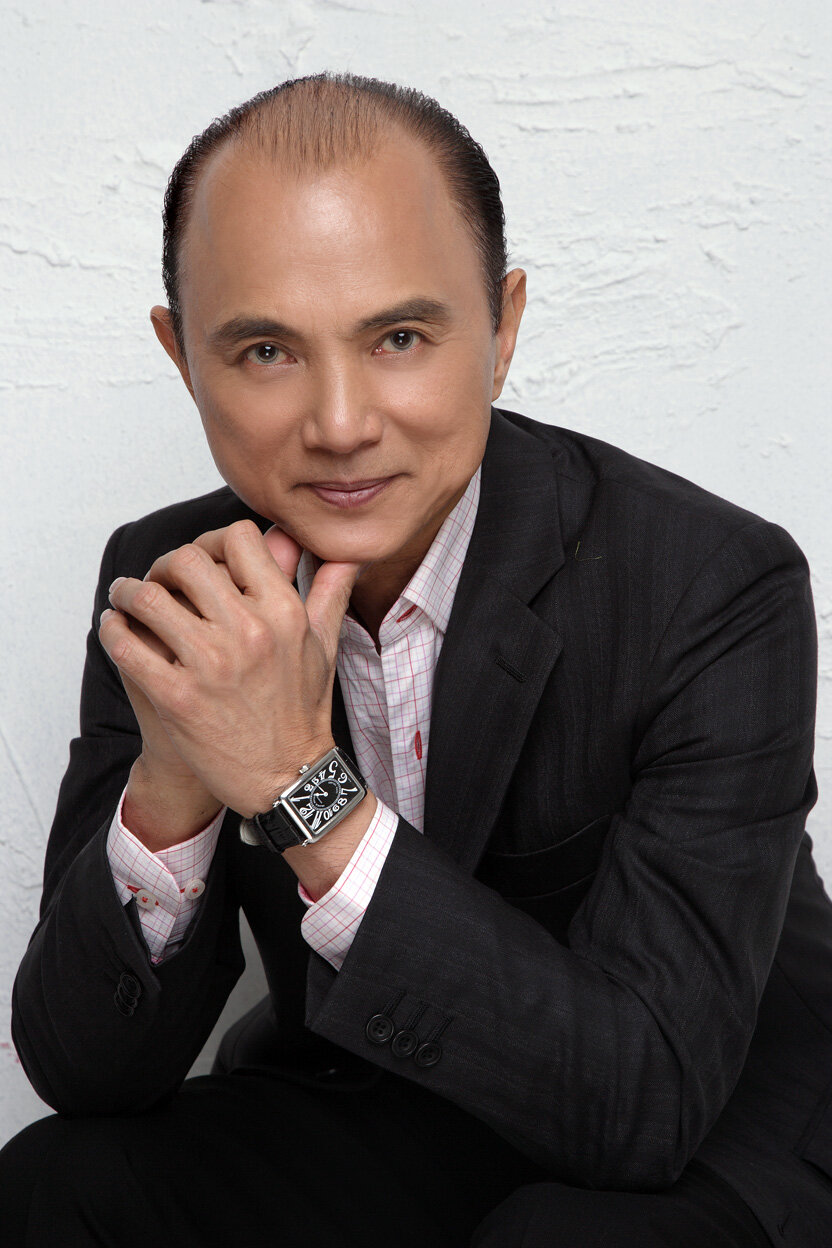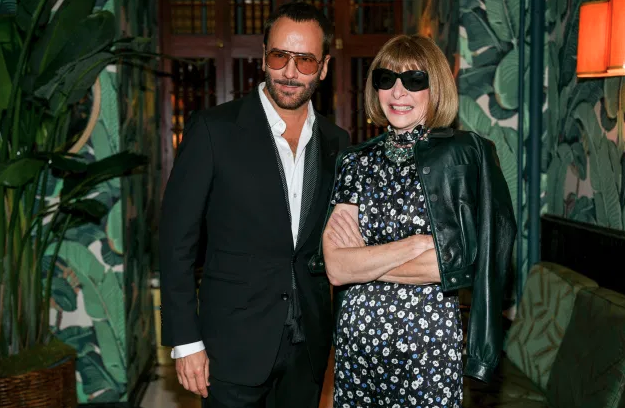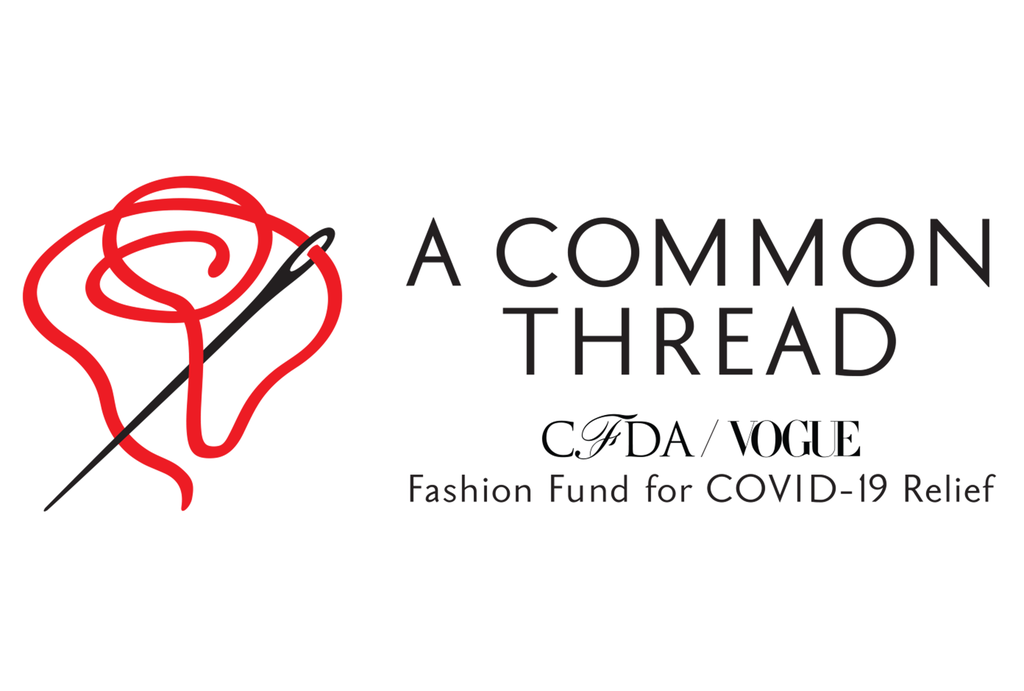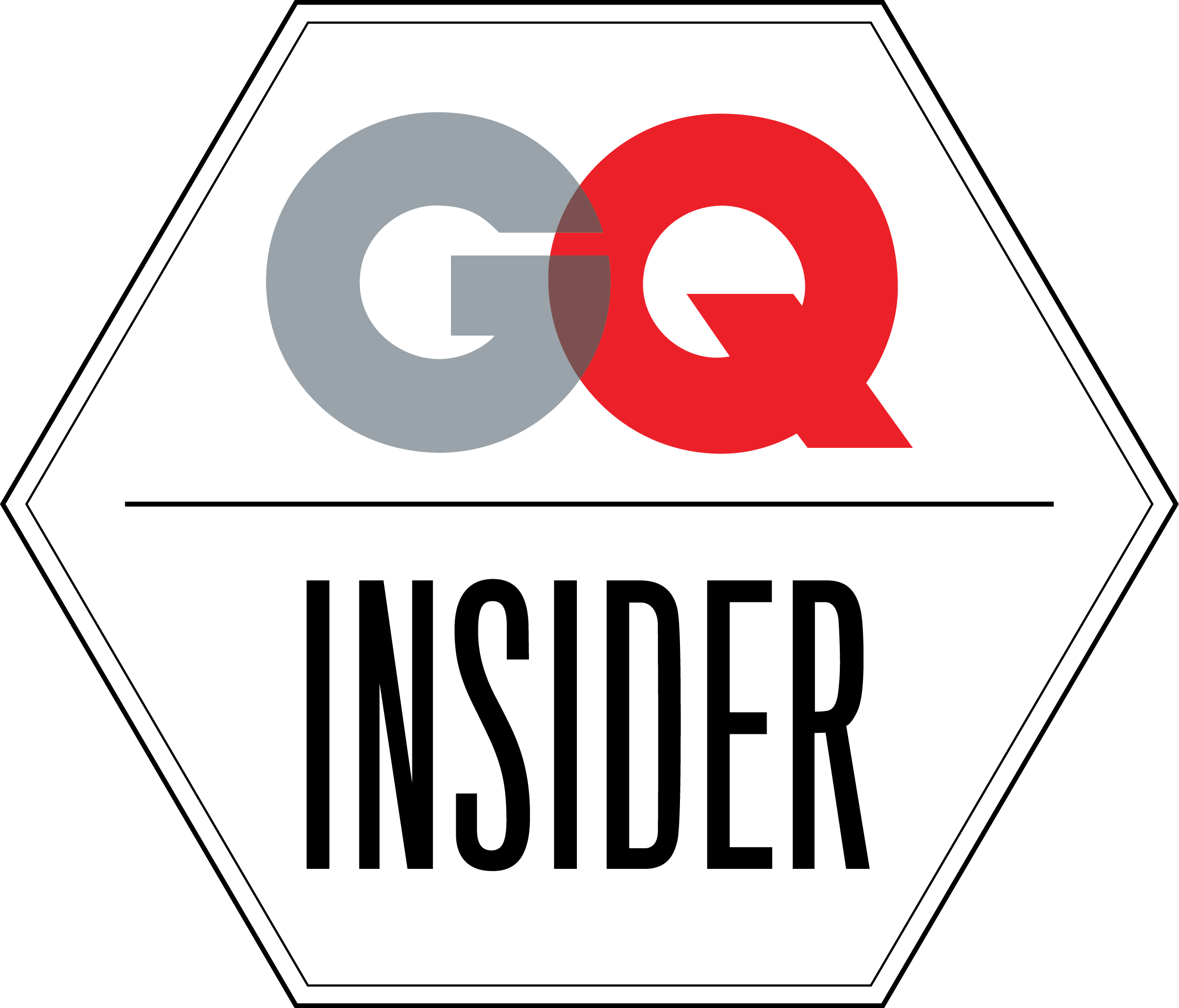Wintour came up with the name A Common Thread, the logo for which features a sewing needle and red thread in the shape of a rose, the needle pulling the thread and piercing the bloom. Word of the program will go out to CFDA membership today in a letter penned by Wintour, which she and Ford signed.
“It’s easy to feel helpless as the news changes hour by hour, and the challenges it all presents only seem to grow and become more insurmountable as time goes on,” it reads.
To lessen the sense of isolation and desperation, the message encourages members to take advantage of available city and state resources, listed on the CFDA web site. “Yet,” the letter continues, “the question remains for us: What can we do to help?”
A Common Thread is Wintour and Ford’s initial answer. Although the fund’s parameters have been fully defined, designers and brands seeking relief can apply on the CFDA web site beginning on April 8.
“We’ve created a fund, now we have to fill it. Then we have to figure out who gets that money,” Ford said on Monday, noting that significant details — criteria for consideration; who will decide how funds are allotted and to whom — “need to be fleshed out.”Already established: The program is open to designers and brands across the industry. They need not be former CFDA/Vogue Fashion Fund winners, nor even CFDA members. While the selection committee remains TBD, it will include people from both within and outside of Vogue and the CFDA, according to Ford.“We’re rushing to put this together as fast as possible because we want to let everyone have a voice in this. We want to do something,” he said.
See Also: Fashion Industry Comes Together to Fight Coronavirus Pandemic
The CFDA/Vogue Fashion Fund has awarded $6.6 million in prize money since its inception, with the most recent annual purse a total of $700,000 distributed among the winner and two runners-up. Those resources will be transferred to A Common Thread. In addition, there’s a crowd-funding element. As of today, donors can contribute by texting “thread” to 44321 or online at givelively.org, a fund-raising platform for nonprofits. Suggested amounts range from $5 to $100 to name-your-number.If that approach seems modest relative to the devastation wrought by COVID-19, Ford and Wintour will likely seek major-donor contributions going forward.
There is no reason that we’re not at some point going to be hitting up larger companies for bigger contributions,” Ford said. “It will really depend on what happens after all this is over. If it only lasts three months, I think we’ll be able to raise more money than if it drags on and on.”Yet it’s one thing to offer a young, fledgling designer-led company a first prize of $400,000 and mentorship by an industry leader to help kick-start his or her business. It’s quite another to, in a meaningful way, help an entire, vast industry comprised of thousands of businesses, many of them already challenged before the virus struck, to rebound in a landscape that’s almost completely dark, producing next to zero revenue for who knows how long. The level of relief required (if any amount will be enough) is more in line with that sought in a parallel CFDA effort spearheaded by Tory Burch made known over the weekend — explicit inclusion in the near-$2 trillion federal stimulus package now being battled over in Congress.Ford praised that effort, and stressed the necessity of its success. “I have to say, Tory has done a great job,” he said. He added that while the letter sent to President Trump and signed by the CFDA and a host of other industry organizations “was quite general,” in behind-the-scenes exchanges, “people were getting quite specific.”By comparison, what A Common Thread can deliver is modest. “We’re not senators,” Ford said, while noting that the two efforts serve overlapping but not identical purposes.To that end, A Common Thread’s storytelling component should resonate powerfully. “There is symbolism to it and in a way, maybe that’s the bigger part of it — uploading videos, putting faces to everyone who’s out of a job, who needs a job, giving them a place where they can communicate that. I think the power of that will affect the funds we’re able to raise, and from whom.“Whether you’re a seamstress or a tailor, whether you work in a shop, whether you’re a fashion designer, whether you’re someone who won the Vogue/CFDA Fashion Fund, you will [send in] videos to the site,” Ford continued. “I think that the more we can put faces to the individuals who are suffering, the more help we’ll be able to get.”
See Also: Fashion Groups Seek Government Aid
To that end, fashion suffers from an image problem. Though a huge industry that’s central to the economy and employs, including retail, millions of workers in a vast array of mostly unglamorous disciplines on every imaginable pay scale, generally, when people think of the fashion industry they don’t conjure images of seamstresses, patternmakers, production people and retail sales associates. Rather, they envision its glamour deities — celebrities like Wintour and Ford.Worse, they often project a world in a bubble, an elite, exquisitely dressed bubble whose denizens live to be on the front end of the next hot handbag launch while flaunting chic attitude. “Let’s face it, a lot of people think fashion is frivolous,” Ford said.
Wintour concurs that perception is not only misguided but dangerous, particularly now. “[Too many people] think about fashion in a very narrow sense,” she told WWD on Sunday. “They’re not thinking about all the different layers that are involved, whether it’s the factories or the supply chain or those who supply raw materials, or the truck drivers who deliver the goods. It stretches out so many different ways. I think it’s the biggest employer in the country. People are not thinking about it in that way. They’re thinking about it as a very niche business, and that is a mistake.”
One for which fashion itself must accept a share of responsibility. “People see the glossy surface,” Ford said. “That’s what we as fashion designers and the fashion industry work to show the world — we work to show people the glossy surface that makes them want to shop and buy the products. So they’re not aware of everything that goes on behind it.
”That must change now. “We have to educate,” Ford offered.
Which speaks to the importance of A Common Thread’s video project. “It’s very important to put faces to this,” he said, noting the resonant power of Tom and Rita Hanks going public with their diagnoses, as well as the tragedy of the New Jersey family that has lost four members to COVID-19. “When you see the photographs, when you hear the stories,” Ford said, “it touches you emotionally far more than statistics will.”
Source: WWD / Bridget Foley
FASHIONADO



